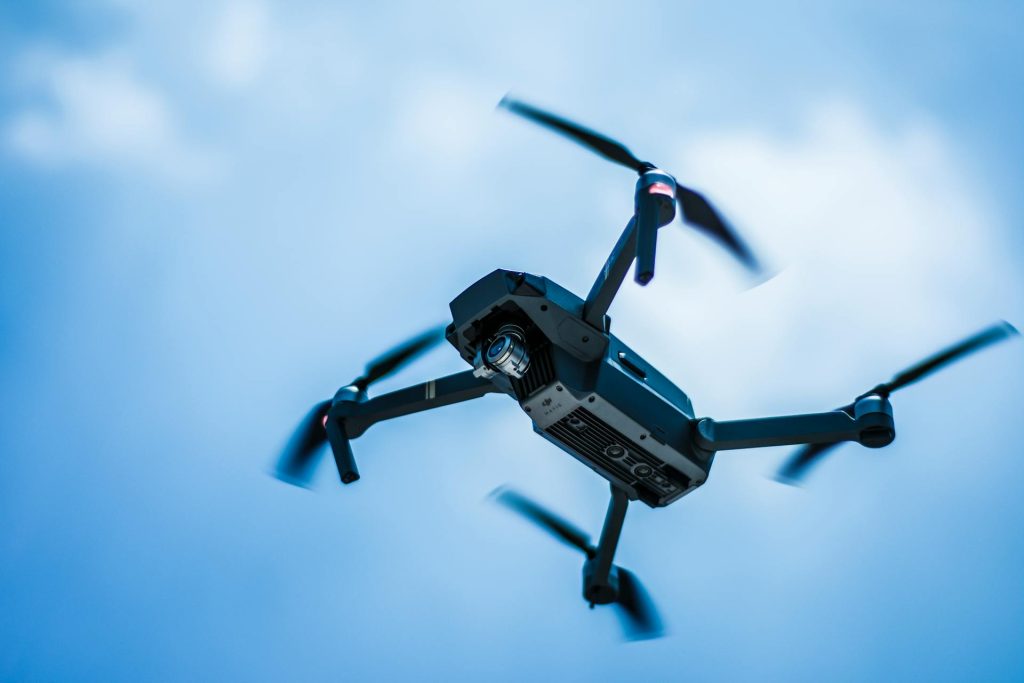Drones, also known as unmanned aerial vehicles (UAVs), have become one of the most transformative innovations of the 21st century. Originally developed for military use, they are now integrated into various industries ranging from agriculture to filmmaking. Their ability to access hard-to-reach areas and capture real-time data has made them an indispensable tool for businesses and individuals alike. As technology advances, drones are becoming smaller, smarter, and more affordable, allowing more people to harness their potential for both professional and recreational purposes.

Drones in Everyday Life
What once seemed futuristic is now part of daily life. Drones are being used for aerial photography, delivering packages, inspecting power lines, and even assisting in emergency response missions. Photographers and filmmakers rely on drones to capture breathtaking aerial shots that were once possible only with helicopters. In agriculture, drones monitor crop health, optimize irrigation, and help farmers increase yields with precision farming techniques. Their versatility has turned drones into a solution-driven technology that fits seamlessly into countless aspects of modern living.
Business and Industrial Applications of Drones
Industries across the globe are reaping the benefits of drone technology. Construction companies use drones to survey sites, track progress, and ensure safety compliance. In logistics, leading corporations are exploring drone deliveries to save time and reduce environmental impact. Environmental agencies employ drones to monitor wildlife, track deforestation, and collect climate data from remote regions. This wide range of industrial applications demonstrates how drones are driving efficiency, reducing costs, and solving complex challenges that were once labor-intensive or dangerous.
The Future of Drones and Innovation
The future of drones looks promising as advancements in artificial intelligence, automation, and battery life continue to expand their capabilities. Smart drones equipped with AI can analyze data instantly, detect patterns, and make autonomous decisions. Delivery drones are expected to revolutionize last-mile logistics, while passenger drones could redefine urban transportation. With ongoing research, drones may soon play a larger role in disaster management, space exploration, and medical supply distribution in underserved areas. Their ability to blend innovation with practicality ensures they will remain at the forefront of technological evolution.
Challenges and Responsible Use of Drones
Despite their benefits, drones also pose challenges. Privacy concerns, safety risks, and regulatory issues remain hot topics in the drone industry. Governments worldwide are establishing stricter laws to ensure responsible usage, such as requiring licenses for commercial pilots and limiting flight zones. For drones to achieve their full potential, users must balance innovation with responsibility, ensuring safe flights that respect privacy and legal frameworks. By doing so, drones can continue to empower societies, protect the environment, and shape a future where aerial technology plays an integral role in progress.
